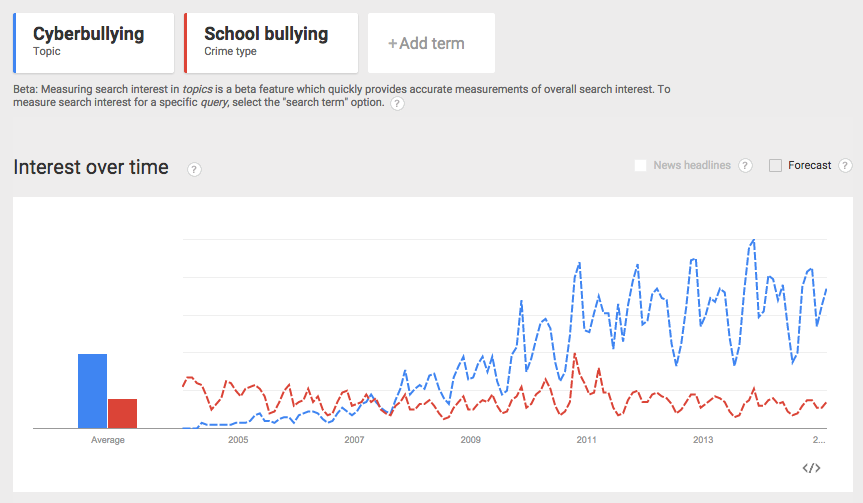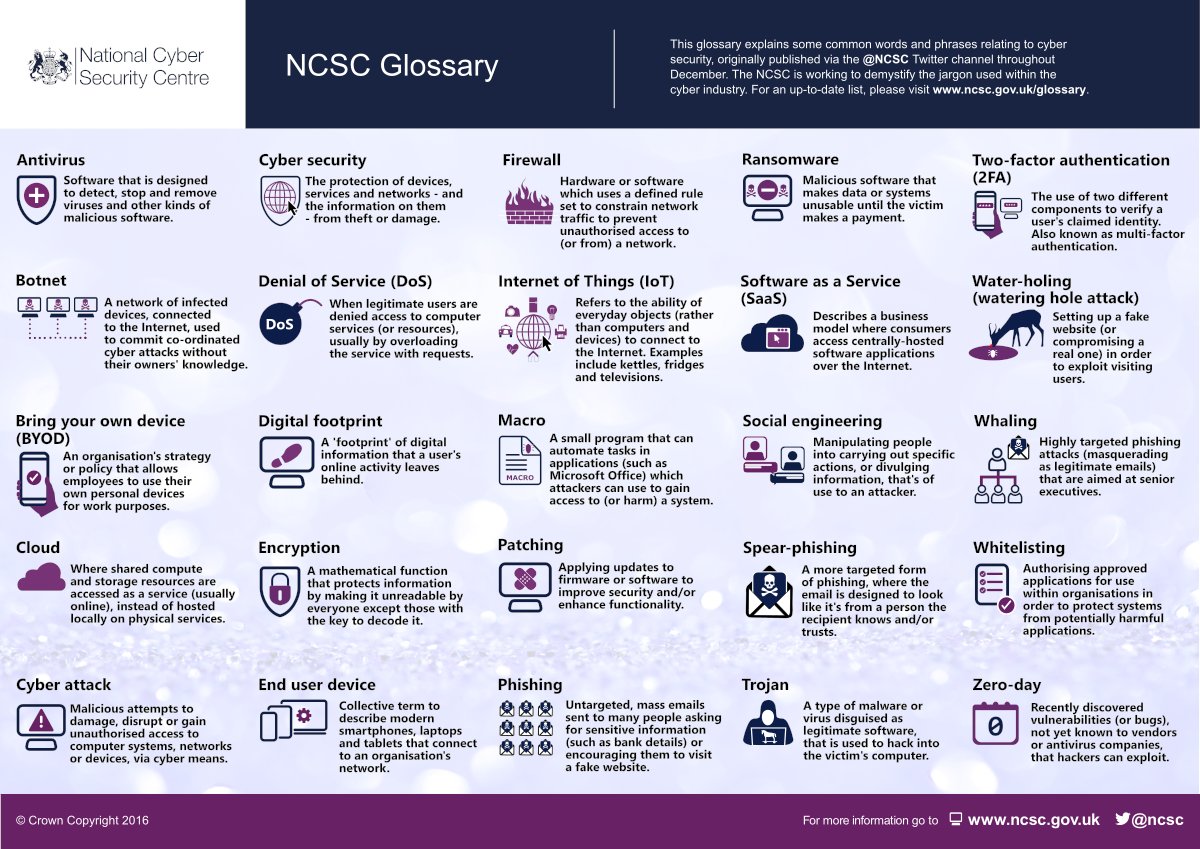I’ve got some breaking news: the internet is here to stay. Discounting major catastrophes, it’s going to become a larger and larger part of the lives of everyone on earth. So it’s time to stop treating it as some novel, completely separate part of human experience.
One way we do this is with language that has modifiers for the online version of an activity. To be sure, if you can do something both online and offline, there will be a difference between the two. But if you look at the way online modifiers are used in culture, it’s often to exaggerate the difference between the online and offline versions of an activity. They’re also used to delegitimise and diminish the importance of the online version. There is often not a clear-cut distinction between the two versions either.
Here are some examples:
Ecommerce/Online Banking
These two are probably the most descriptive of these. The term ecommerce came about as a way to describe a new and emerging revenue stream for companies: selling something over the internet. But as it becomes a larger and larger slice of the pie, the “e” part will be more and more redundant. We’re not there yet, with online transactions still forming less than 10% of total retail sales even in the US. But there will reasonably come a time when online transactions will surpass and dwarf other types of purchase in which case it might make more sense to refer to it as commerce and offline commerce, in the same way that the snail mail retronym became prominent.

Online sex
This one stems back to the 1990s with its cousin the even more archaic-sounding cybersex. But it is still around, as you can see from this 2012 story about the Philippines banning cybersex. Which is defined in the law as “[t]he wilful engagement, maintenance, control, or operation, directly or indirectly, of any lascivious exhibition of sexual organs or sexual activity, with the aid of a computer system, for favour or consideration”. This is a very broad definition which would probably include any porn shot for online consumption. In which case “online sex” may actually be far more prevalent than “offline” sex. But even given a more narrow definition, there is the definite sense of “online” being used to make it sound alien, different and scary – and to conflate “online sex” with sex trafficking and child abuse which the legislation in the Philippines seems to do.
Online dating
Once upon a time, online dating websites had a much stronger stigma attached to them than they now do. This is the era from where the term comes and it’s meant to highlight difference. In reality, for societies with high internet penetration there is not much difference as to how “online” and “regular”(?) dating proceeds. Sure, one starts with looking at profiles created with dating in mind. But then there are online interactions on the website, usually proceeding to contact away from the original website (eg. through to SMS, chat, Facebook etc) and then to face to face contact. Or at least this is a very common path for these interactions to take. The only difference with “offline” dating then is that there may be some initial face to face contact, or some other ways of meeting people. The other steps may often be the same, in which case the difference becomes trivial. I don’t think the word “online” would have much use other than denigration.
E-reading
Sure, the act of e-reading would be using some e-reader like a Kobo or Nook. And there may be some interesting differences between how we perceive various texts depending on the medium of presentation. (Although a lot of that is bad science and bad reporting as I’ve blogged about before.) But creating a separate verb for reading on an electronic device seems built for bullshit thinkpieces like the one that says that e-reading isn’t reading. Because “[t]he touch of the page brings us into the world, while the screen keeps us out.” Or something.
Cyber-bullying
Here, things get serious. The term cyber-bullying has been on the increase. Here’s a graph from Google Trends:

But when stories mention cyber-bullying, it’s often the cyber that’s the focus and not the bullying. It’s as if the technology itself and the fact that we “allow” teenagers to — gasp — access it is what is responsible for bullying that at times has deadly consequences. This can even lead to blaming the victims for not “just getting off Facebook”.
There is a strong parallel with the term sexting, often used to pearl-clutch over the fact that people are sending explicit pictures using technology, at the expense of focussing on the non-consensual sharing aspect of it, or the ridiculous-legal-system aspect.
Online harassment
In a similar way to cyber-bullying, this term is often used to focus on the online aspect of the harassment. It’s certainly true that in this case (and all the cases above), the medium makes a difference. Here, the online aspect of it is what makes a particular kind of incessant, brutal, large-scale, anonymous harassment possible. But framing it as an “online” problem sets up the framework for a particular, crappy list of solutions. Such as: stop taking it so seriously, have you considered getting off the internet and so on.
The internet is real and what happens on it is real, even if it often takes a different form from the offline version. We should be careful about how our language can downplay this and slow down the much-needed demands for a better online (and offline) experience.





0 Comments